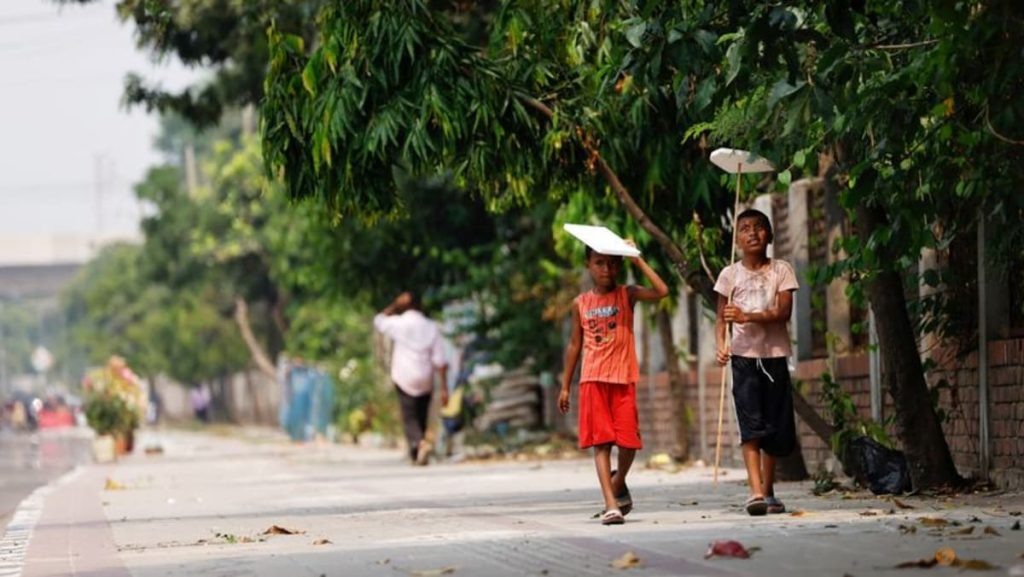have remained shut as the extreme heat continues to affect the region. The decision to close schools was made to ensure the safety and well-being of students and staff as temperatures reached dangerous levels.
The heatwave has been particularly severe in Bangladesh, with temperatures exceeding 43 degrees Celsius in some areas. This extreme heat has posed a serious health risk to residents, especially vulnerable groups such as children and the elderly. Closing schools and educational institutions is a necessary precaution to protect students from heat-related illnesses.
The closure of schools in Bangladesh has disrupted the education system and affected millions of students who are unable to attend classes. The government has taken steps to ensure that students do not fall behind in their studies by providing online resources and support for remote learning. However, access to technology and internet connectivity remains a challenge for many students in rural areas.
The government is closely monitoring the situation and will reopen schools once the heatwave subsides and temperatures return to safer levels. In the meantime, officials are advising people to stay indoors during the hottest parts of the day, stay hydrated, and avoid prolonged exposure to the sun. Public health warnings have been issued to raise awareness about the dangers of heat-related illnesses.
The heatwave in Bangladesh is part of a larger trend of extreme weather events that are being fueled by climate change. Rising global temperatures are causing more frequent and intense heatwaves, which can have serious consequences for human health and well-being. It is essential for countries to take action to mitigate the impacts of climate change and adapt to the changing climate to protect vulnerable populations.
In the face of extreme heatwaves and other climate-related challenges, it is crucial for governments to prioritize the safety and well-being of their citizens. Taking proactive measures such as closing schools during heatwaves can help prevent heat-related illnesses and save lives. By raising awareness about the dangers of extreme heat and implementing strategies to protect vulnerable populations, countries like Bangladesh can better prepare for the impacts of climate change and ensure the resilience of their communities.


